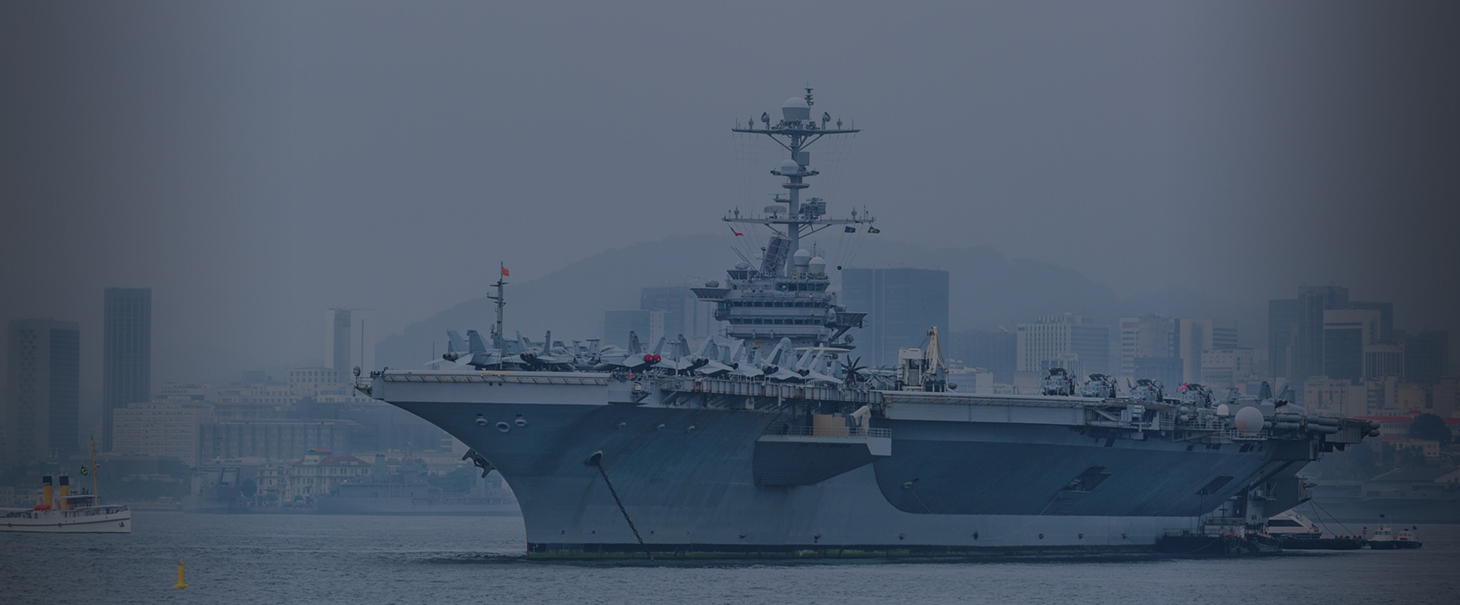EXPERT
Issues
Locations
DOWNLOAD
As Egypt continues its tumultuous transition to democracy two years after the Arab Spring swept strongman President Hosni Mubarak from power, Washington must weigh its next moves carefully. For decades, U.S. policy in the region has been picking the least bad option in supporting partner governments, leading to autocrats such as Mr. Mubarak, who maintained an unpopular peace with Israel and ensured the free flow of oil in exchange for military aid and other support. Bad options became worse when simmering resentment from the Arab Spring toward the status quo exploded, toppling long-term allies in Tunisia, Egypt and Yemen, causing disaster in Libya and threatening more than a dozen other nations. In helping to force out Mubarak, President Obama paved the way for the first true democracy in Egypt’s history. Regrettably, kicking the door open to hastily organized elections meant the Muslim Brotherhood, also known as Ikwhan, would take power as the best-organized group in a country where the majority view themselves as deeply conservative, religious Muslims, sharing core values and beliefs. It was entirely predictable, as the Pew Global Attitudes Project’s 2010 survey showed that roughly 60 percent of Egyptians support Islamists. Though the Muslim Brotherhood may have been well-organized politically — surviving for much of its history as a terrorist group and assassinating President Anwar Sadat in 1981 to retaliate for making peace with Israel — it had zero experience running a country. Mohammed Morsi won his race for president despite Ikwhan pledges that they wouldn’t field a candidate, and the party won a majority in parliament. Both promptly trampled upon the rights of other Egyptians in pushing a Shariah law-dominated constitution. When the courts stood in his way, Mr. Morsi simply declared himself above them. Today, opposition parties representing secular, liberal and more Western-friendly camps are fighting to maintain their rights. Coptic Christians, who make up roughly 10 percent of Egypt’s 82 million population, have become targets for mob attacks as the security situation has deteriorated. The chaos of the past two years also has hurt Egypt’s economy, causing stock markets to tank and tourism to tumble. Unemployment has risen from 9 percent in the Mubarak days to more than 12 percent today. This has added more angry and unemployed young men to the ranks of violent protesters — and now, to looters — in Cairo. These are easy marks for terrorist recruiters. So what should be the next U.S. moves? First, Washington should throw its weight behind opposition parties to help them better organize as political forces. Though this won’t be easy, as 19 Americans from Washington-based pro-democracy nongovernmental organizations — the International Republican Institute, the National Democratic Institute and Freedom House — were arrested last year in Cairo for doing just that. Second, the Obama administration should work with Congress to withhold roughly $1.5 billion in annual aid until Mr. Morsi clarifies his position on Israel and support of the Camp David Accords. The Mubarak-era deal to send 20 F-16 fighter jets and 200 M-1 Abrams tanks to the Egyptian military should be suspended. Arming a country in which the president has referred to neighboring Jews in Israel as descendants of “apes and pigs” is a recipe for trouble. Though Egypt’s military is more U.S.-friendly and stable than Mr. Morsi, he is still the boss. Third, we must reach out to the Egyptian people directly. News and entertainment programs broadcast via Al Hurra TV and Radio Sawa, launched a decade ago as an outreach tool in the Middle East to showcase the United States in a more positive light, thus should be expanded. Hollywood also could play a role, producing worldwide blockbusters that embrace modernity, tolerance and sexual equality in Middle Eastern settings. “Argo” was a terrific reminder of the challenges posed by a fanatical Iranian regime. We could use more films like it. Fourth, once Egypt regains some measure of stability, we should assist nongovernmental organizations in facilitating strong institutions, promoting economic development and boosting education. As the adult illiteracy rate is roughly 30 percent, Egypt already has a significant obstacle to overcome in a path to security and prosperity. An addition, the Obama administration must realize that we are facing a new type of Cold War in some ways. Instead of the Soviets pushing communism to triumph over Western capitalism and our way of life, we’re now challenged by Islamists pushing their ideology at our expense. A strong military and security apparatus at home remain essential deterrents, yet similar to the showdown with the Soviets, we also must win the contest of ideas. The Soviets could not deliver better lives for their people, nor will the Muslim Brotherhood and Islamists do so for Egyptians. Egyptians are beginning to experience that firsthand and, in time, will change their government. How soon remains to be seen. The Soviets held on to power for 70 years, and the mullahs in Iran have ruled for more than 30. In the coming months, we will know whether Mr. Morsi and the Muslim Brotherhood are able to weather the storm and cement an authoritarian regime — perhaps becoming the next Iran — or whether they will be tossed into the dustbin of history like the Soviets. Washington’s next moves can make a difference. Read the original article here in the Washington Times


 J.D. Gordon
J.D. Gordon